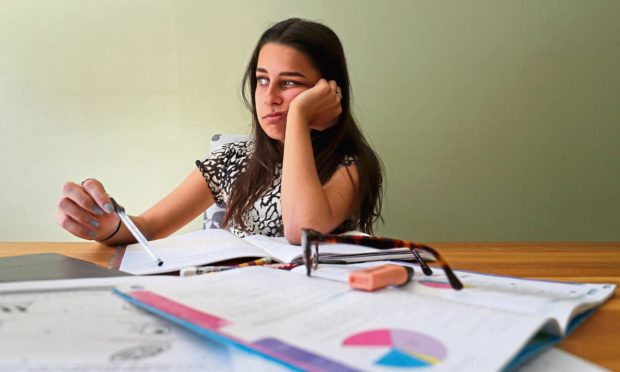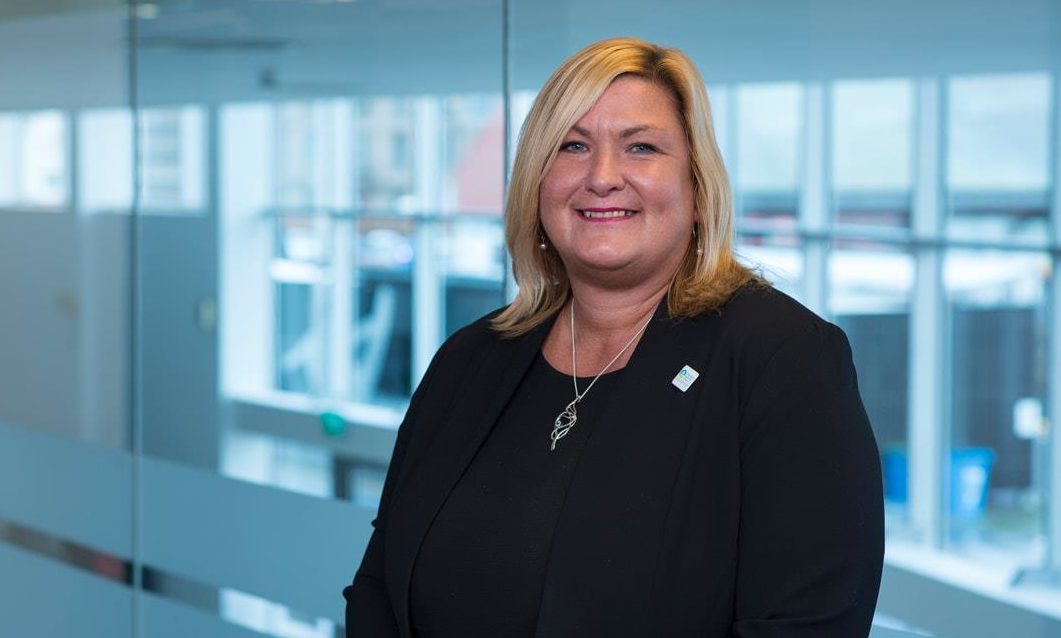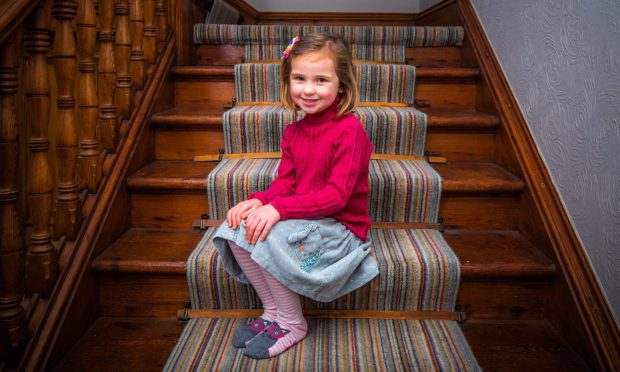Education inspectors have uncovered a plethora of issues in Scotland’s remote learning provision, including a lack of IT, high levels of anxiety and pressure from parents.
They found some pupils and even teachers are still without sufficient laptops or other devices despite tens of thousands of these being distributed.
They also reported greater levels of anxiety among teachers than during the first lockdown last year, with “unrealistic expectations” of home learning from parents, and inconsistency in live lesson provision.
The first weekly national overview of remote learning published by Education Scotland found that all local authorities have “developed clear, high-level plans and guidance for remote learning”.
Councils had learned from the last lockdown and had taken steps to improve children’s access to remote learning.
However, also among the findings were:
- Some families still sharing single devices between several children;
- A number of teachers still without laptops for remote teaching;
- Connectivity an issue in some remote and rural areas;
- Parents expecting home learning to mirror in-school teaching;
- Secondary school teachers worried about assessments for National 5, Higher and Advanced Higher pupils;
- Inconsistent provision of live lessons;
- Overwhelmed teachers struggling to navigate multiple resources;
- Teachers more anxious than in the last lockdown.
Due to increased transmission of Covid-19 schools reopened only to vulnerable children and children of key workers this term, with all other pupils learning at home until at least the middle of February.
HM Inspectors spoke to all local authorities to assess the delivery of remote learning by schools and will engage with parents, pupils and a selection of schools as their assessment continues.
Laptops and WiFi
In its first report published on Friday, Education Scotland said all councils had used their own resources and government funding to buy and distribute digital tools and WiFi to pupils who needed them.
However, it said: “All local authorities are experiencing challenges in relation to the sufficiency and supply of information and computing technology resources, including devices and Wi-Fi access for learners and staff.
In a few local authorities, a number of teaching staff do not yet have access to appropriate digital resources, including laptops, to support remote learning.”
“Local authorities are aware that, in some cases, children and young people have access to only a single, shared device within the home, which is supporting the learning of a number of children.
“In a few local authorities, a number of teaching staff do not yet have access to appropriate digital resources, including laptops, to support remote learning.”
Digital connectivity was also a challenge in a number of areas, it said, particularly the most remote and rural areas.
Online learning ‘unsustainable’ for rural families as Microsoft issues could take weeks to fix
Parental expectations
Education Scotland also said all local authorities acknowledged the importance of engagement with parents but that schools were finding parental expectation “challenging”.
As well as greater numbers of children in school than during the last lockdown, the report states: “Local authorities also highlight that some parents expect remote learning to mirror their child’s in-school experience.”
It said a combination of pressures for families, including unemployment or working from home, and a lack of confidence in supporting children’s home learning was creating “unrealistic expectations” of remote learning which was likely to be an ongoing issue that local authorities are taking steps to address.
Assessment worries
Inspectors also found secondary school teachers were worried about gathering assessment evidence for pupils whose National 5, Higher and Advanced Higher exams have been cancelled.
Many schools had planned prelims or assessments during January.
And they found that live lessons were “not yet consistently available to all”.
Live lessons
Local authorities report many primary school teachers using applications such as Seesaw and Class Dojo which do not support live learning.
A number of local authorities have agreed with professional associations that provision of live lessons is on a voluntary basis.
The report states: “Overall, there is more work to be done to ensure that children and young people experience a balance of live and independent learning activities that will support progress in their learning.”
‘Overwhelmed’ teachers
Pace of change to remote learning delivery is, the report says, “very challenging for staff”, with some teachers finding it “very difficult” to navigate a plethora of resources and “feeling overwhelmed”.
The report says: “Overall, there is a view that there is more angst within the teaching profession and that teachers are more anxious than they were during the previous lockdown.
“As a result, all local authorities are taking steps to support the wellbeing of teaching staff.”
Survey
Education Scotland, the Scottish Government agency responsible for supporting quality and improvement in Scottish education, announced its overview of remote learning last week.
Inspectors are engaging with local authorities, schools, parents, carers and pupils as they assess how learning is being provided.
The aim is show what is working well, understand challenges and identify what further support is needed.
It has also launched surveys of parents, carers and learners about their experiences of remote learning, with the results to be published next Friday.
The deadline for responses is Monday at 12pm.
VIDEO: Phased returns being considered as schools reopening delayed until mid-February











